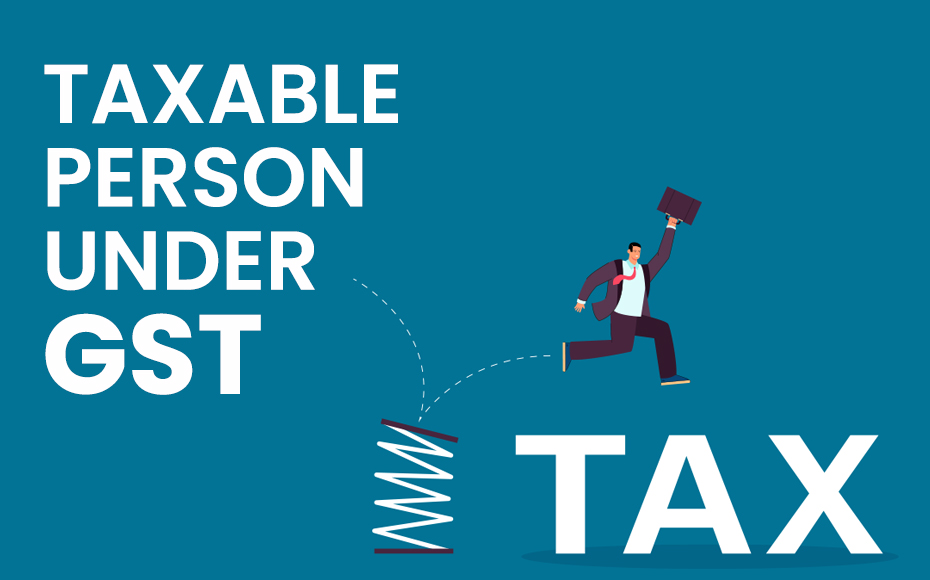

June 03, 2020

GST is the Goods & Services Tax that registered businesses are delegated to file on a specific time period like monthly, quarterly or annually. The filing of GST is reliant on on the type of business registered with the GST system.
GST is a much looked upon topic among the business and organization spectators and as a very sensible topic, this article will enlighten the readers with everything that they should know about GST Return…
The taxpayer has to submit certain return files that detail his income details in order to validate it with the government’s tax administration. On the basis of the returns filed, tax authority will be able to calculate the corresponding tax liability of the registered taxpayer.
The GST regime prescribes the registered dealers to file GST Returns that include Purchases, Sales, Output GST (Sales), Input Tax Credit (Purchases).
The registered business under the GST tax system has to have GST compliant invoices for Sales and Purchases.
Any business under the GST system is obliged to file two monthly and one annual return that sums up to a total of 26 returns per year. GST system demands the manual entry of monthly return i.e. GSTR-1 by the taxpayer. On the other hand, GSTR-3B will be auto-populated by deriving the GSTR-1 information updated manually and monthly by the business and its vendors.
In certain special cases, there arises the need of filing separate returns as in the case of Composition Dealers.
|
Return Form |
Details |
When to File? |
|
Outward supplies of taxable goods and/or services affected |
Monthly |
|
|
Inward supplies of taxable goods and/or services affected claiming the Input Tax Credit (ITC) |
Monthly |
|
|
Outward and inward supplies along with the payment of tax |
Monthly |
|
|
Simple return which summarize the outward supplies along with ITC declared and payment of tax affected by taxpayer |
Monthly |
|
|
Taxpayer registered under the composition levy filed return |
Quarterly |
|
|
Non-resident foreign taxable person filed return |
Monthly |
|
|
Input Service Distributor field return |
Monthly |
|
|
Return for authorities deducting tax at source |
Monthly |
|
|
GSTR-8 |
Supplies effected through E-commerce platform and the amount of tax collected |
Monthly |
|
Return for a normal taxpayer |
Annually |
|
|
GSTR-9A |
Return a taxpayer registered under composition levy anytime during the year |
Annually |
|
GSTR-10 |
On cancellation or surrender of GST Return |
Final Return |
|
GSTR-11 |
Details of inward supplies to be furnished by a person having a UIN or claiming a refund |
|
Return Form |
Threshold Amount |
Period |
Due Date |
|
GSTR-1 |
Up to Rs.1.5 Cr | January-March 2020(Quarterly) | May 11, 2020, 2020 |
|
GSTR-1 |
More than Rs.1.5 Cr | March-May 2020 (Monthly) | July 31, 2020 |
|
GSTR-3B |
February 2020 (Monthly) | May 20,22,24, 2020 |
|
|
GSTR-3B |
Rs.1.5 Cr and above during FY 2018-19 | February-April 2020(Monthly) | |
|
GSTR-3B |
More than Rs.1.5 Cr & up to Rs.5 Cr during FY 2018-19 | February-March 2020(Monthly) | |
|
GSTR-4 |
Below Rs.1.5 Cr during FY 2018-19 | January-March 2020(Quarterly) | July 15, 2020 |
|
GSTR-5 |
February-May 2020(Monthly) | June 30, 2020 | |
|
GSTR-5A |
February-May 2020(Monthly) | May 20, 2020 | |
|
GSTR-6 |
March-May 2020 (Monthly) | June 30, 2020 | |
|
GSTR-7 |
March-May 2020 (Monthly) | June 30, 2020 | |
|
GSTR-8 |
March-May 2020 (Monthly) | June 30, 2020 | |
|
GSTR-9 FY 2018-19 |
More than Rs.2 Cr | GSTR-9A (Annual Return) | September 30, 2020 |
|
GSTR-9A FY 2018-19 |
More than Rs.2 Cr | GSTR-9A(Composition Annual Return) | September 30, 2020 |
|
GSTR-9C FY 2018-19 |
More than Rs.5 Cr | GSTR-9C (GST Audit Form) | September 30, 2020 |
*Due to the adverse situations the country is going through on account of the corona virus outbreak, these dates might change. The government’s lenience to the taxpayers will result in some relaxation on the final dates of GST returns and the same is expected to be broadcasted by the government through media duly.
For late filing of GST Return, the taxpayers will attract overdue fines and interests for the delays made. The late fee charged is applied to delay in filing NIL returns. This means that even if there are no figures to declare for sales or purchase for a particular month, still there is a need to file the return.
The late fee amount will be based on the number of days of delay from the due date. Presently, charging for late fee is applied to GSTR-3B, GSTR-4, GSTR-5, GSTR-5A, GSTR-6, GSTR-7 and GSTR-9 only.
As on May first week considering the tough situations that the country is going through, certain changes have been made to the applicability of the late fee laws as duly notified by the government.
GST has become the backbone of the Indian Tax System. Comprehending the tax structures is tried to make easier through this article. Adhering to the rules as registered tax payers and sharing with others your GST knowledge is what we aim at through this briefing.




